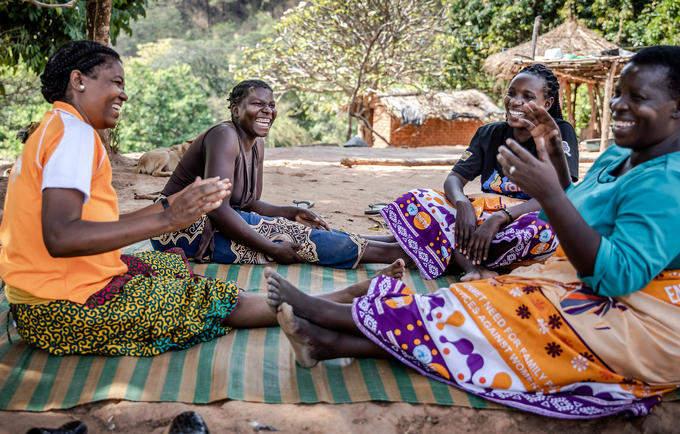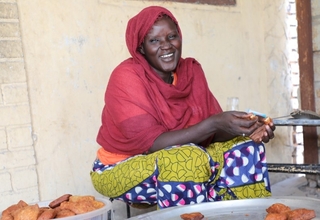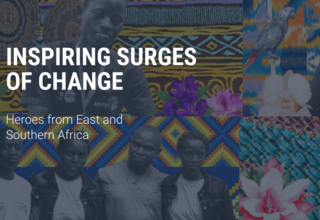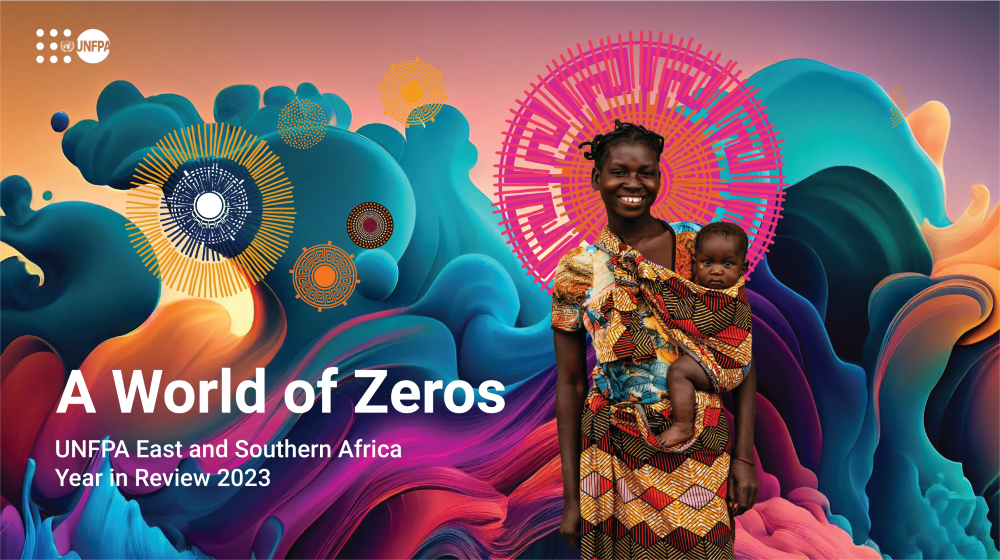In November 2022, the global population reached eight billion. The UN’s principal population projection suggests that the world population will grow to nearly ten billion by the middle of this century, and will level off at around 10.4 billion by the 2080s. However, if fertility declines by less than projected, the world population could exceed twelve billion by the end of the century.
The East and Southern Africa region is demographically diverse, with the 23 countries in the region being at various phases of a demographic transition. The majority have a youthful population, with a few recording low fertility and onset of population ageing. Across all the countries there is increased migration and urbanization. All of these have significant effects on increasing poverty and deepening inequality, linked to gaps in decent work and social protection.
The demographic change is also a critical factor in efforts to achieve universal health coverage, improve the quality of learning outcomes from primary, secondary, and tertiary education, and empower women and the youth.
The future of Africa depends on its ability to leverage its changing demographics to drive human capital development and use as productive assets to drive sustainable transformation, environmental protection, and social change. Research on the economic effects of demographic change highlights the extent to which Africa’s youthful population holds great potential for its future economic growth and development.
In the context of relatively low levels of economic development and widespread poverty, the potential demographic dividend may help drive development if appropriately harnessed. While UNFPA has supported significant advancements in positioning the demographic dividend within continental, regional, and national agendas, economies in the region continue to exclude more women and youth, who dominate the informal economy and are often left behind in the knowledge and skills acquisition needed for future economies. Women are also often overburdened with family care responsibilities, which has an impact on economic empowerment and well-being.
UNFPA's response
UNFPA is one of the world’s largest supporters of population data collection. In addition to supporting censuses and surveys, UNFPA works with policymakers, civil society, healthcare providers and educators at all levels to promote sexual and reproductive health and rights – including voluntary family planning.
UNFPA also offers a wide range of programming to help countries build demographic resilience, or their capacity to address population dynamics in a holistic manner, mitigating negative effects and harnessing the opportunities that come with demographic change.




